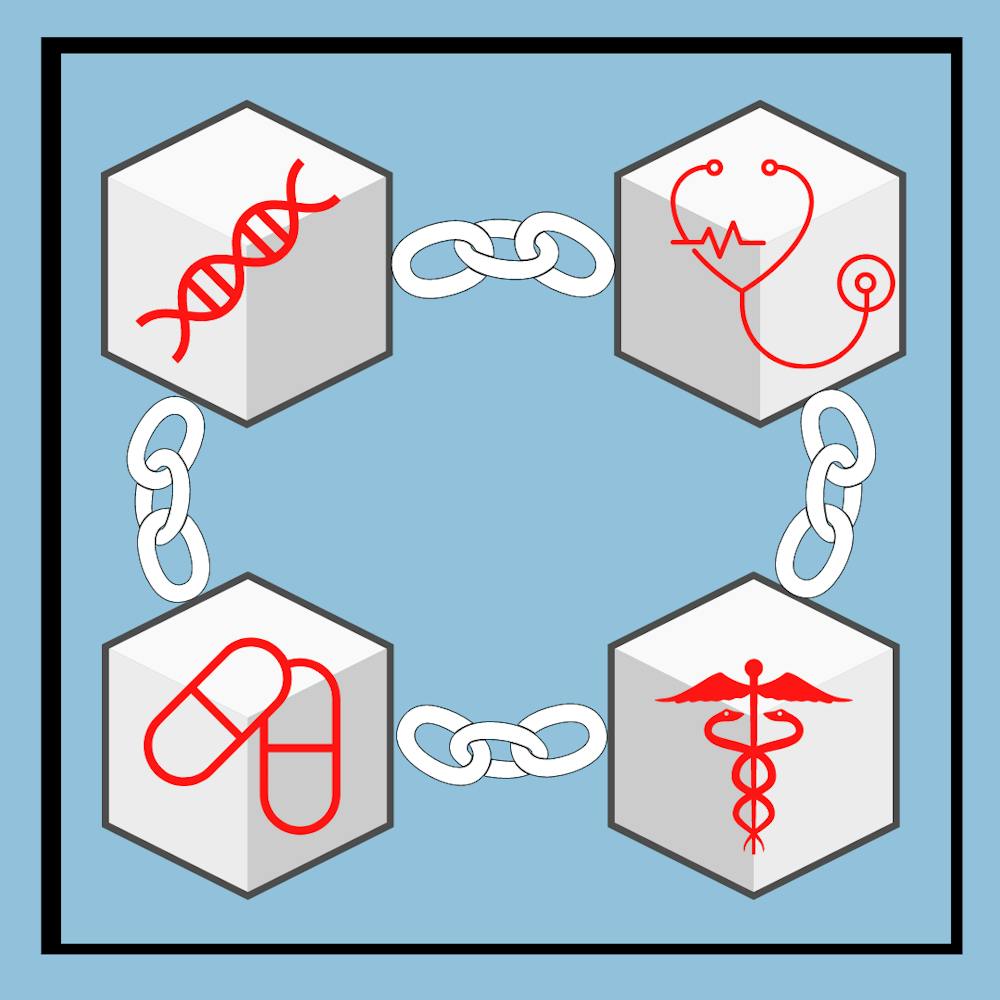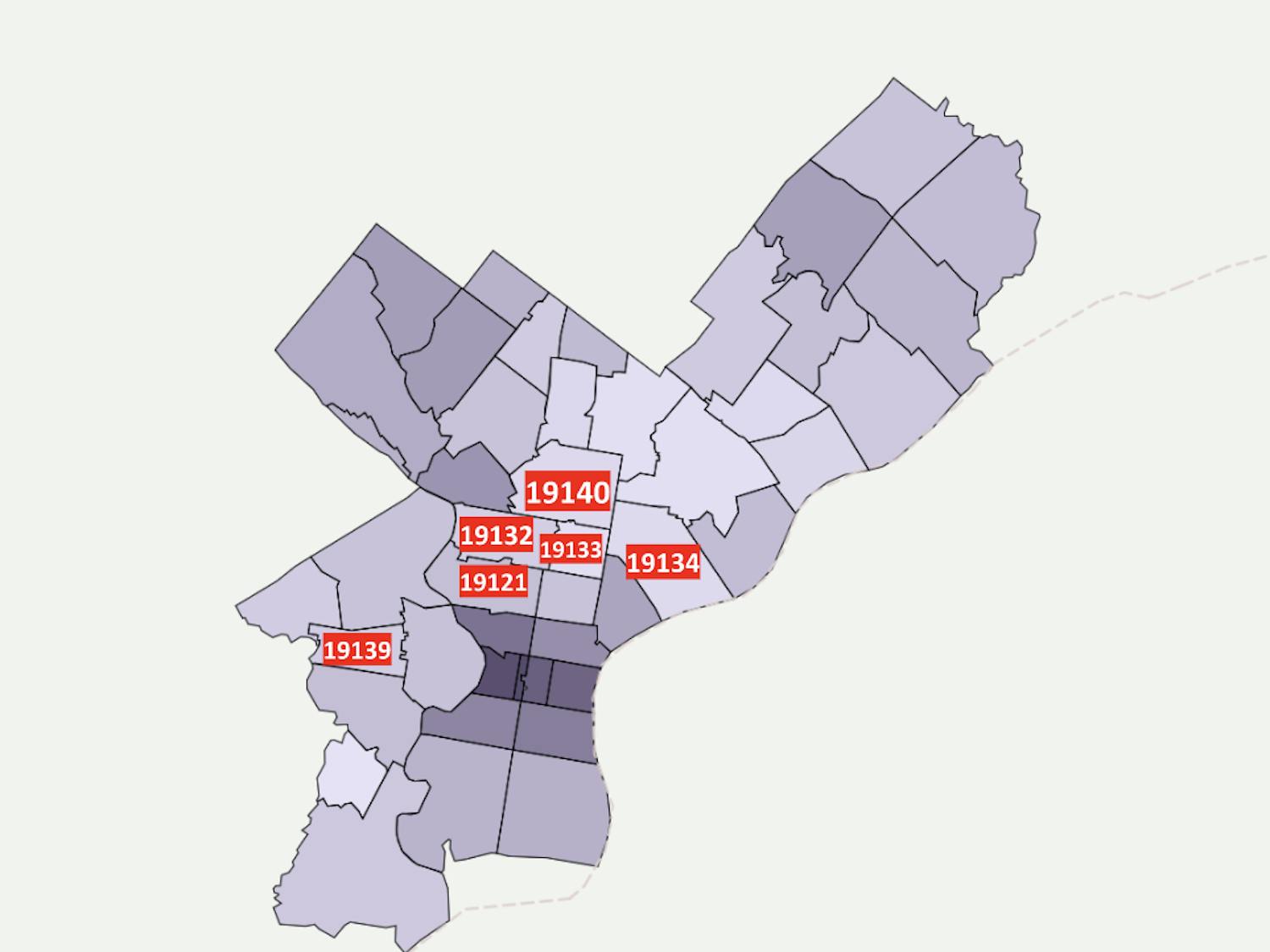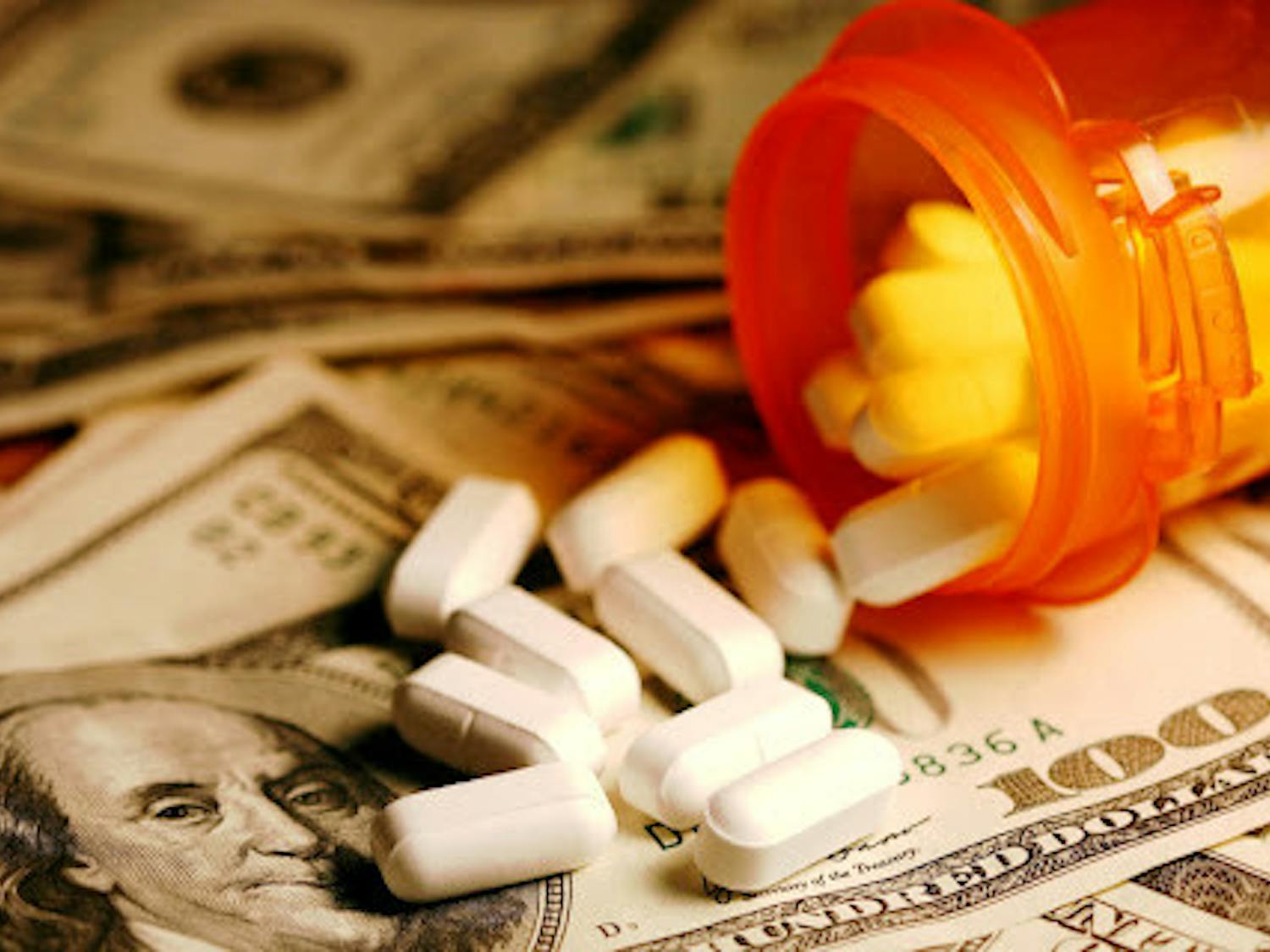Healthcare investment is one of the most significant components of the American economy, with $4.1 trillion spent in 2020. Despite this, there are still substantial problems impeding the progress of patient treatment.
One such is medical errors: the inaccessibility of complete medical histories to patients and doctors (during treatment) leading to medical errors.
According to a study by John Hopkins Medicine, medical errors are the third leading cause of death in the U.S. From research conducted by Vox, every year medical errors tend to kill more people than AIDS or drug overdoses. Another problem is data breaches of healthcare records; according to the U.S. Department of Health and Human Services, 22 million US health records were breached in 2022.
Emerging technology can be potentially used to solve these problems: blockchain technology. While the use of blockchains in the financial sector (cryptocurrency transactions) has gained media attention, its application in the healthcare industry has the potential to revolutionize patient care.
Blockchains are peer-to-peer, immutable ledgers that facilitate the process of recording transactions and tracking assets. This technology allows participants to confirm transactions without a central clearing authority. Blockchain can decentralize access to medical reports and establish a system that enables the privacy and integrity of one's personal health records (PHRs) and electronic health reports (EHRs), giving patients autonomy over their data.
Currently, EHRs are centralized and they are available only within a particular healthcare facility. Hence, individuals may have several fragmented health records, which during emergencies (e.g., during an out-of-country visit) may impede treatment when access to a patient's history is unavailable. Blockchain, a permanent distributed ledger, enables databases to permanently store all of a patient's past medical histories, diagnoses, drug prescriptions, lab reports, and family histories in one system. With each visit to the doctor, a transaction including any new diagnoses or prescriptions, as well as the timestamp and the patient’s credentials are posted on the blockchain. This block can be delivered within the trusted network of the patient, and upon verification and approval by the ledgers, be inserted and linked with previous blocks, continuing the chain.
Insurance companies, healthcare facilities, regulators, and patients can access the data. Instead of hospitals storing individual data on their centralized systems, patients get more control over their health data and will not be dependent on time-consuming customary forms upon visiting a new doctor.
Even though blockchains can solve many problems, their establishment and upkeep can cost a lot of money. However, the investment is such that it lasts forever and makes healthcare management and security a sustainable cycle. People working with these blockchains require great skill and knowledge of both the healthcare and technology industries. Nationalizing a blockchain plan will involve recruiting plenty of highly educated, skilled people; though this may be difficult at first, it will lead to fruitful results.
“Healthcare is a great use of the blockchain technology because health records can be shared in more than just one vicinity, even out of the country." University of California-Berkeley blockchain expert Shradha Sharma explained how these blockchains are most suited for emergency care. However, there is a potential threat: privacy.
"Anyone can see the data on the blockchain if they have access to the block address. We will have to work to ensure the process remains as secure as possible.”
Scaling blockchain to a national and possibly global level can improve the quality of healthcare provided to patients, protect our digitized personal health data from cyberattacks, and enable regulators to work with development organizations to launch policies that improve accessibility, delivery, and affordability of healthcare.




